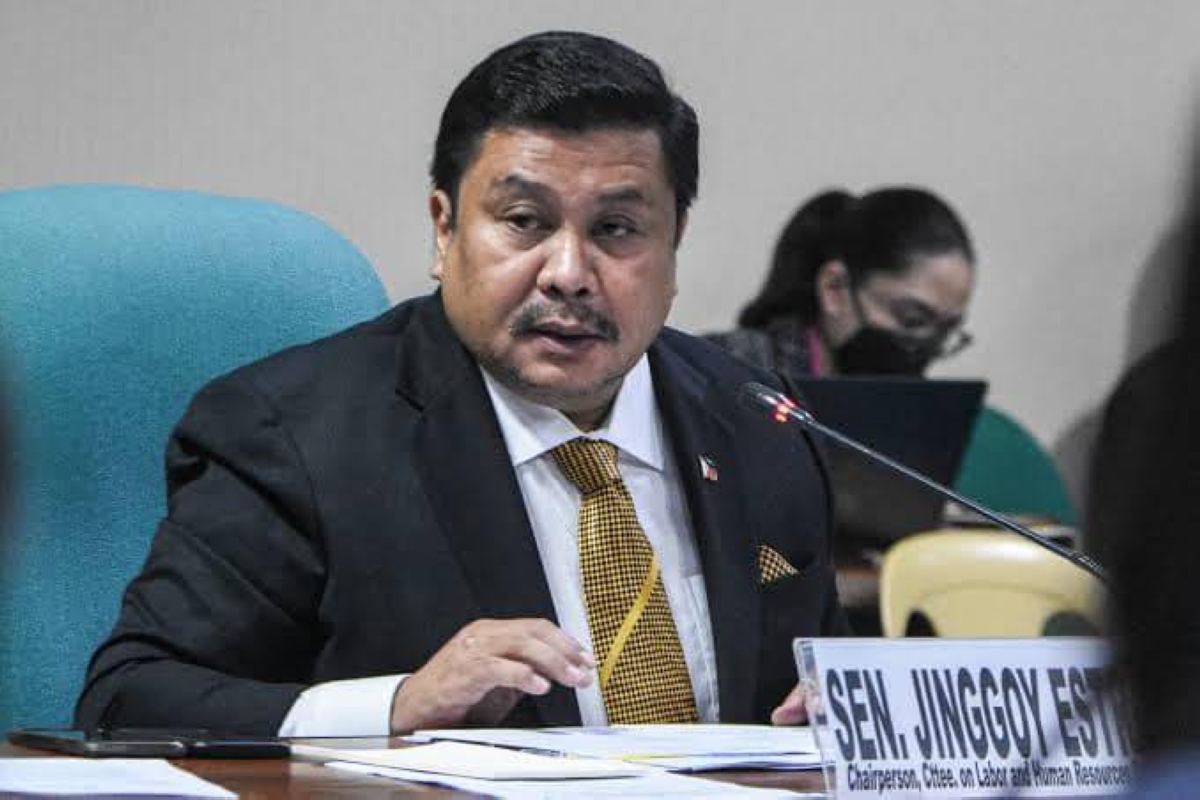In a recent ruling by the Sandiganbayan, the anti-graft court in the Philippines, Senator Jose “Jinggoy” Estrada has been acquitted of charges of plunder but found guilty of direct and indirect bribery. This decision comes as a significant development in the infamous “pork barrel scam” case that has implicated several senators and lawmakers.
The case revolves around the alleged pocketing of P183 million from the Priority Development Assistance Fund (PDAF), also known as the pork barrel, in 2013. The funds were said to have been funneled through the companies of businesswoman Janet Lim-Napoles, who has already been found guilty in connection with the scheme.
The Sandiganbayan’s fifth division, in its 396-page ruling, cleared Senator Estrada of the charge of plunder. Plunder, a serious offense in the Philippines, refers to the unlawful acquisition of wealth through corruption or misappropriation of public funds. However, the court found him guilty of direct and indirect bribery, highlighting the complexity of the case and the various charges involved.
It is important to note that this ruling is subject to appeal, and the legal process may continue to unfold in the coming months. Nevertheless, the decision has sparked discussions and debates among the public regarding the state of corruption in the country and the accountability of public officials.
The “pork barrel scam” case, as it has come to be known, exposed a widespread network of corruption that implicated several high-ranking politicians. The scheme involved the diversion of public funds intended for development projects into the personal bank accounts of lawmakers. This scandal shook the nation and led to calls for greater transparency and accountability in government spending.
While the ruling in Senator Estrada’s case may bring closure to his specific involvement in the scandal, it is important to remember that the “pork barrel scam” case is far from over. Other politicians and individuals implicated in the scheme are still awaiting their day in court, and the legal process will continue to unravel the truth behind this web of corruption.
The implications of this case extend beyond the borders of the Philippines. It serves as a reminder that corruption is a global issue that affects societies worldwide. The fight against corruption requires the cooperation and determination of governments, international organizations, and citizens alike.
In many countries, including the Philippines, corruption erodes public trust in government institutions and hampers economic development. It diverts resources that could be used to improve public services, such as education and healthcare, and undermines the overall well-being of the population.
Efforts to combat corruption involve not only legal measures but also the promotion of transparency, accountability, and the rule of law. International cooperation and sharing of best practices are crucial in this regard, as corrupt individuals often exploit loopholes and hide ill-gotten gains across borders.
The ruling in Senator Estrada’s case serves as a reminder that no one is above the law. It is a step towards holding public officials accountable for their actions and restoring faith in the justice system. However, the fight against corruption is an ongoing battle that requires the collective effort of all stakeholders.
As the legal process continues to unfold, it is essential for the public to stay informed and engaged. By demanding transparency, supporting anti-corruption initiatives, and actively participating in the democratic process, individuals can contribute to creating a more accountable and just society.
In conclusion, the recent ruling in Senator Jinggoy Estrada’s case marks a significant development in the “pork barrel scam” saga. While he has been acquitted of charges of plunder, he has been found guilty of direct and indirect bribery. This decision highlights the complexity of the case and the ongoing fight against corruption in the Philippines. As the legal process unfolds, it is crucial for citizens to remain vigilant and actively participate in the pursuit of transparency and accountability in government.







